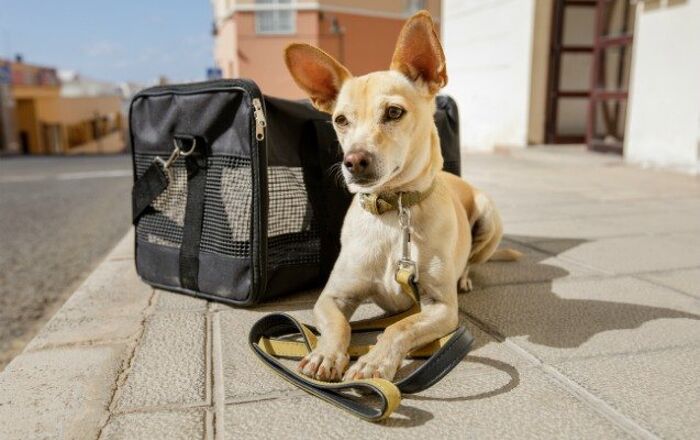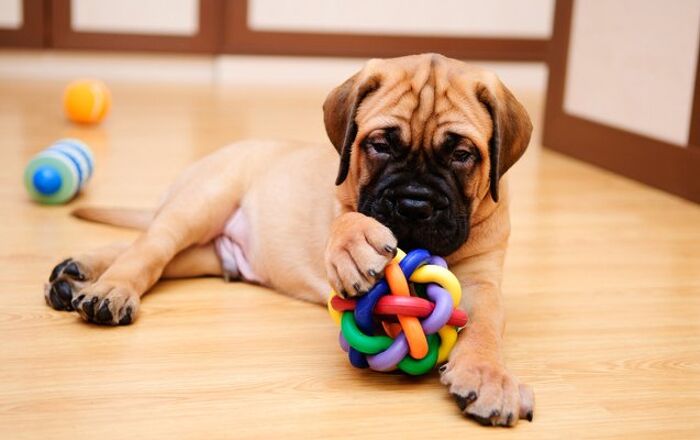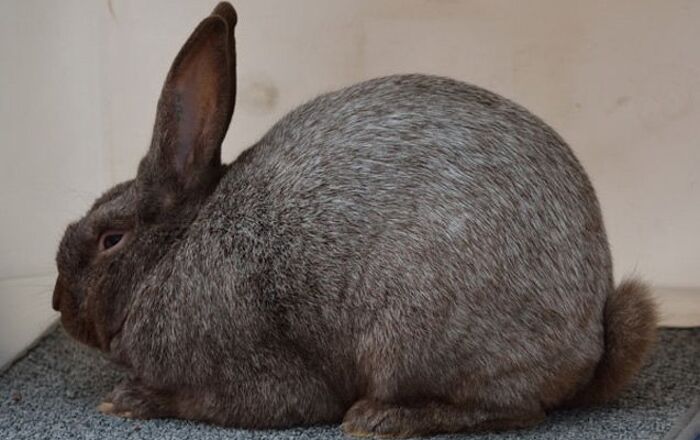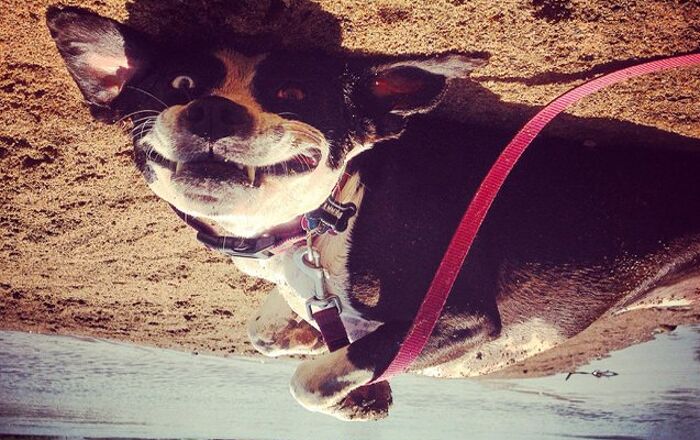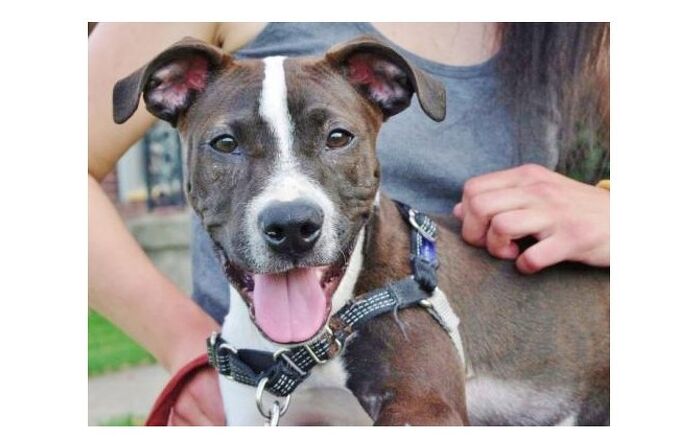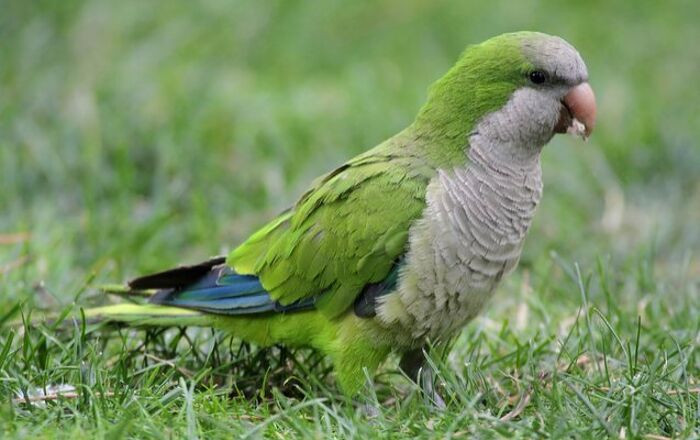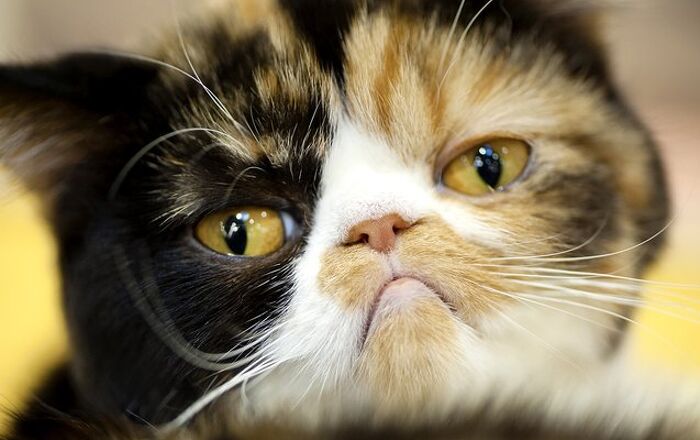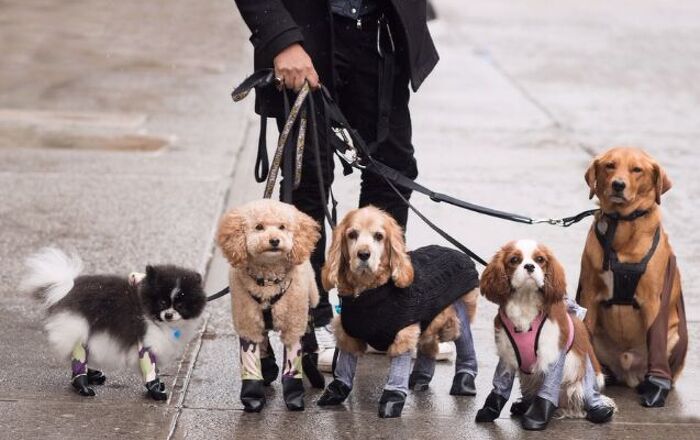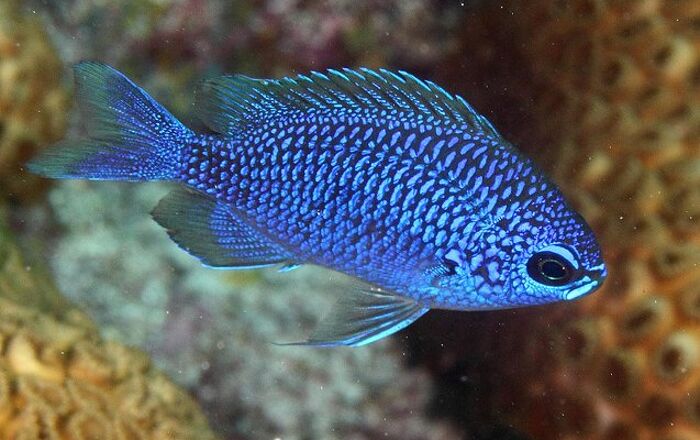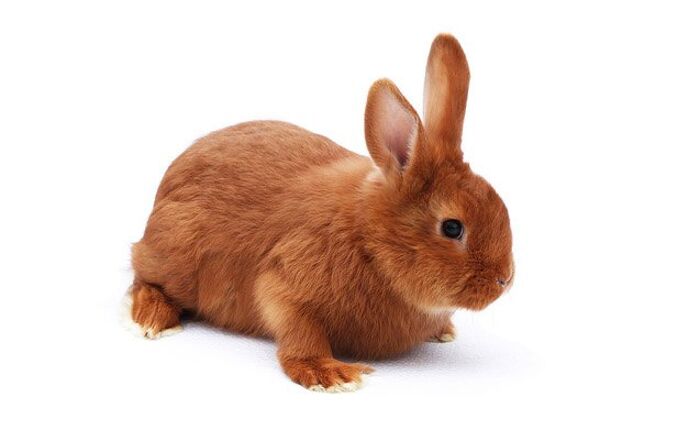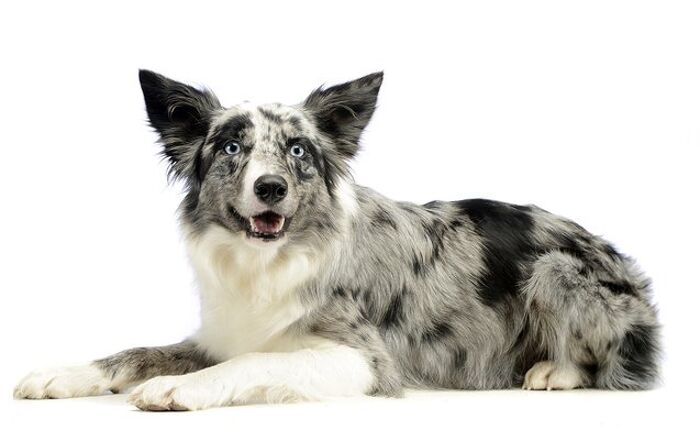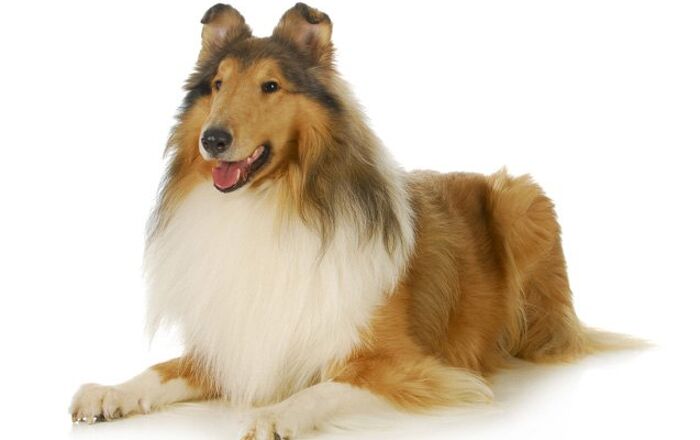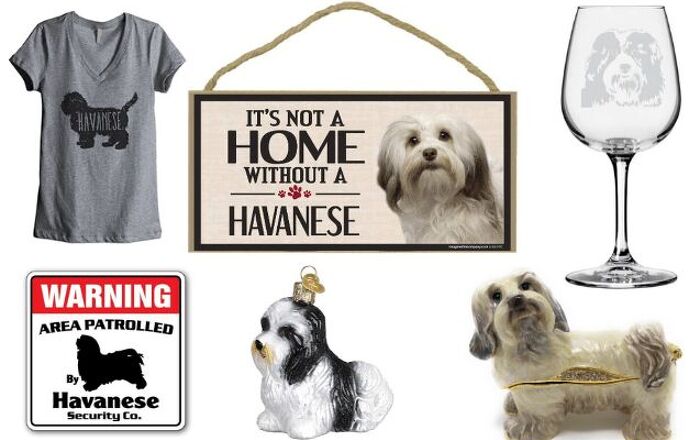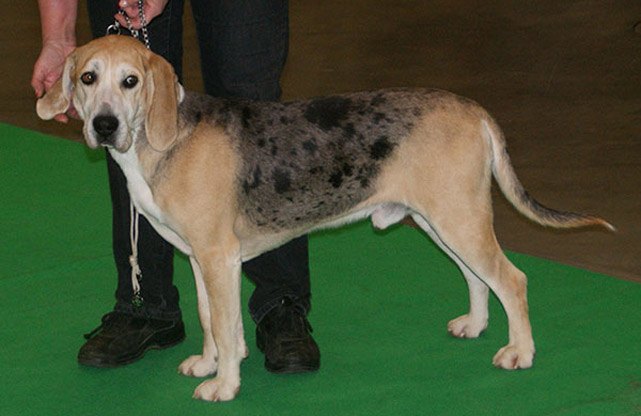
Dunker Basics
With a strange name like Dunker, this breed is easy to remember – it may be easier to remember, however, by its alternate name, the Norwegian Hound. It is a scent hound breed developed in Norway, known for its friendly temperament and excellent hunting skills. If you’re looking for a medium-sized dog that does well in the field and in the home, the Dunker may be a breed worth considering.
The Dunker is also known as the Norwegian Hound because that is its country of origin.
Origin
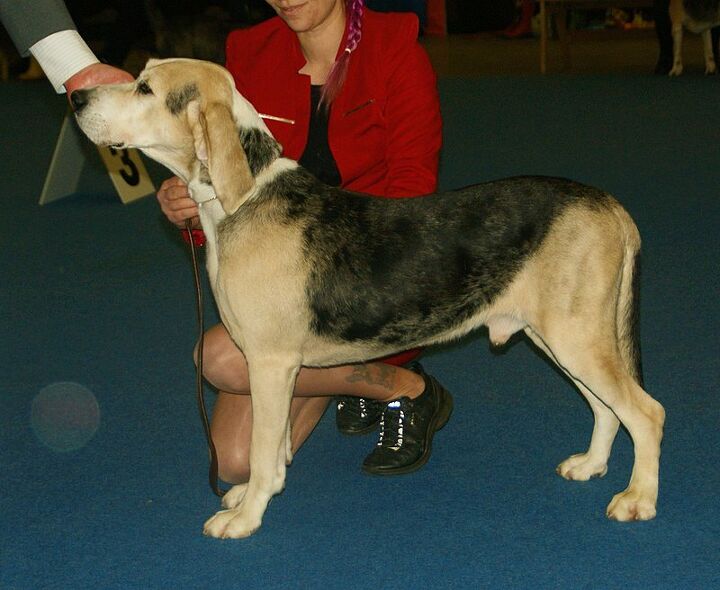
The Dunker is also known as the Norwegian Hound because that is its country of origin. The breed was developed by crossing the Russian Harlequin Hound with various Norwegian scent hound breeds. The Dunker is the result of breeding efforts made by military officer and Norwegian author Captain Wilhelm Conrad Dunker who sought to create a new breed that was able to work in the harsh conditions for which his homeland is known.
After crossing the Russian Harlequin Hound with various scent hound breeds like the English Foxhound and other Russian hounds, the Dunker was born. The breed came to be known for its strong scenting abilities as well as its uniquely dappled coat. Though the Dunker is very popular in Norway, it is largely unknown outside its home of Scandinavia. The Dunker was recognized by the FCI in the early 1900s but has yet to gain recognition from the AKC.
Pedigree
A breed developed in Scandinavia, the Dunker is the result of a crossing between the Russian Harlequin Hound and various native Norwegian scent hound breeds.
Food/Diet
As a medium-sized breed, the Dunker can be fed a high-quality dry food formulated for adult dogs. If you plan to use your dog for hunting or dog sports, however, an active formula may be a better option. High levels of protein will help your dog maintain lean muscle mass and extra fat will provide energy. Just be sure to monitor your dog’s food intake to prevent obesity.
The Dunker is a born hunting breed, so he is naturally inclined to take well to training.
Training
The Dunker is a born hunting breed, so he is naturally inclined to take well to training. These dogs are intelligent and they respond very well to hunting training, though they can be stubborn when it comes to training in other areas. This breed can be stubborn, determined, and independent at times which can make training difficult but which also makes him a better hunting dog. These characteristics make the Dunker tricky for inexperienced dog owners, so they are best kept by dog owners who are experienced with training and who can dedicate plenty of time to the dog.
Weight
The Dunker is a medium-sized scent hound breed, standing between 18.5 and 21.5 inches tall and weighing 25 to 40 pounds at maturity. The male of the breed is a little larger, standing 19.5 to 21.5 inches tall while females stand 18.5 to 20.5 inches tall.
Temperament/Behavior
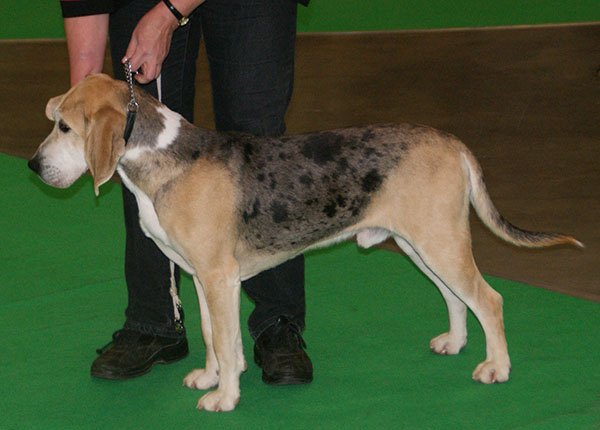
The Dunker was developed for hunting and that is how he is predominantly kept. This being the case, there is not a great deal of information out there about his temperament in a home or family setting. Generally speaking, scent hounds like the Dunker are non-aggressive and tolerant of strangers, so they don’t tend to do well as guard dogs. They can be affectionate with family and may be tolerant with children as well, provided they get plenty of socialization and training at an early age. This breed also enjoys the company of other dogs but is less tolerant of non-canine pets.
Common Health Problems
The Dunker is generally a healthy breed, but all dogs are prone to certain health problems. Some of the issues known to affect the breed include hip dysplasia, elbow dysplasia, progressive retinal atrophy, chronic ear infections, and demodectic mange.
Life Expectancy
The average lifespan for the Dunker is thought to be about 12 to 15 years which is about average for a breed of its size.
Exercise Requirements
The Dunker is kept almost exclusively as a hunting dog, so his needs for exercise are very high. Hunting and active training will provide for the majority of your dog’s exercise needs but you may need to supplement it with a long daily walk or supervised play time in a fenced yard.
The Dunker was developed for hunting and that is how he is predominantly kept.
Recognized Groups
The Dunker is not currently recognized by the AKC but he is recognized by the FCI and the UKC. The FCI classifies him in Group 6 as a Scenthound and the UKC as a Scenthound.
Coat
The Dunker has the classic scent hound coat – it is moderate in length, harsh in texture, and straight. The breed exhibits a variety of colors but the most common colors are black or blue marbled with a pale fawn color and accompanied by white markings. Less desirable colors include a warm brown or predominantly black palette with a black mask and white markings covering more than 50% of the body.
Puppies
The average litter size for the Dunker breed is 3 to 7 puppies. The Dunker is not a giant breed, but it can be fairly sizable with some dogs weighing as much as 50 pounds at maturity. This being the case, you need to be sure to feed your puppy a large-breed puppy formula at least until he reaches about 80% of his maximum size. At that point, you can switch to a high-quality large breed adult recipe.
Photo credit: Canarian/Wikimedia

